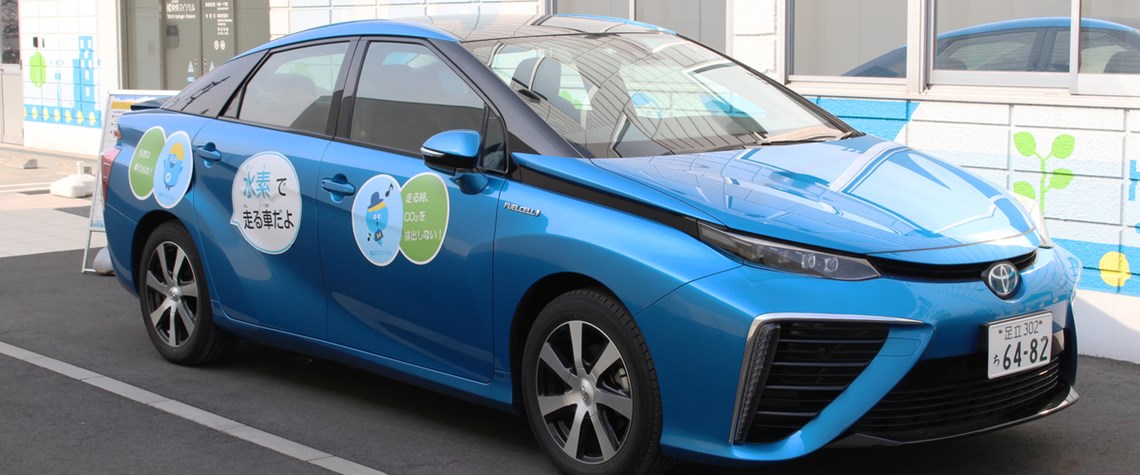Japan needs scale to make hydrogen imports viable
The lack of capacity to generate renewable energy in the densely populated island nation means it will need to rely on imports to fulfil its multi-decade hydrogen strategy
The postponement of the Olympic Games, where Japan planned to make fuel-cell vehicles the official means of transport, has done nothing to reduce the country’s need for scale in its budding hydrogen economy. Hydrogen is “very much on the strategic agenda”, says Tim Buckley at thinktank the Institute for Energy Economics & Financial Analysis in Sydney. The postponement of the Olympics, he says, gives Japan an extra year to make its hydrogen economy “more credible, rather than a show pony”. According to the International Energy Agency (IEA), lack of hydrogen infrastructure is a barrier to adoption that governments and industry globally must work together to overcome. “There has been a sea

Also in this section
18 February 2026
Norwegian energy company has dropped a major hydrogen project and paused its CCS expansion plans as demand fails to materialise
4 February 2026
Europe’s largest electrolyser manufacturers are losing patience with policymakers as sluggish growth in the green hydrogen sector undermines their decision to expand production capacity
2 February 2026
As a fertiliser feedstock, it is indispensable, but ammonia’s potential as a carbon-free energy carrier is also making it central to global decarbonisation strategies
28 January 2026
The development of hydrogen’s distribution system must speed up if the industry is to stand any chance of grabbing a meaningful slice of the low-carbon energy market







